2014 Toyota RAV4 Brake Rotors and Pads
Click here to search another vehicle
All Rotors:
OEM x
Coated x
Drilled, Slotted and Coated x
Front x
Rear x
All Pads:
Ceramic x
Semi-metallic x
Front x
Rear x
Found 28 record
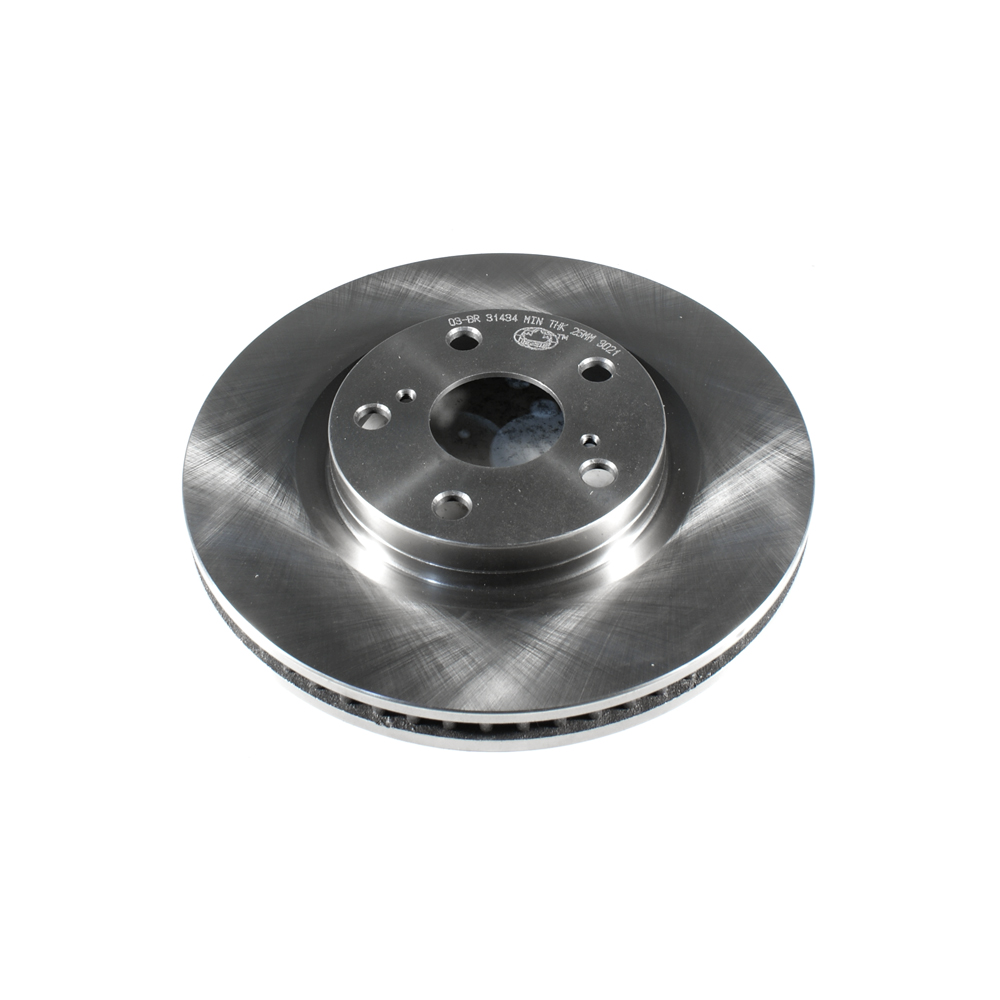
Part No: BR31434
Raybestos: 980470
OE: 4351206090, 435120R020
Raybestos: 980470
OE: 4351206090, 435120R020
$40.52 each
Per Car QTY: 2
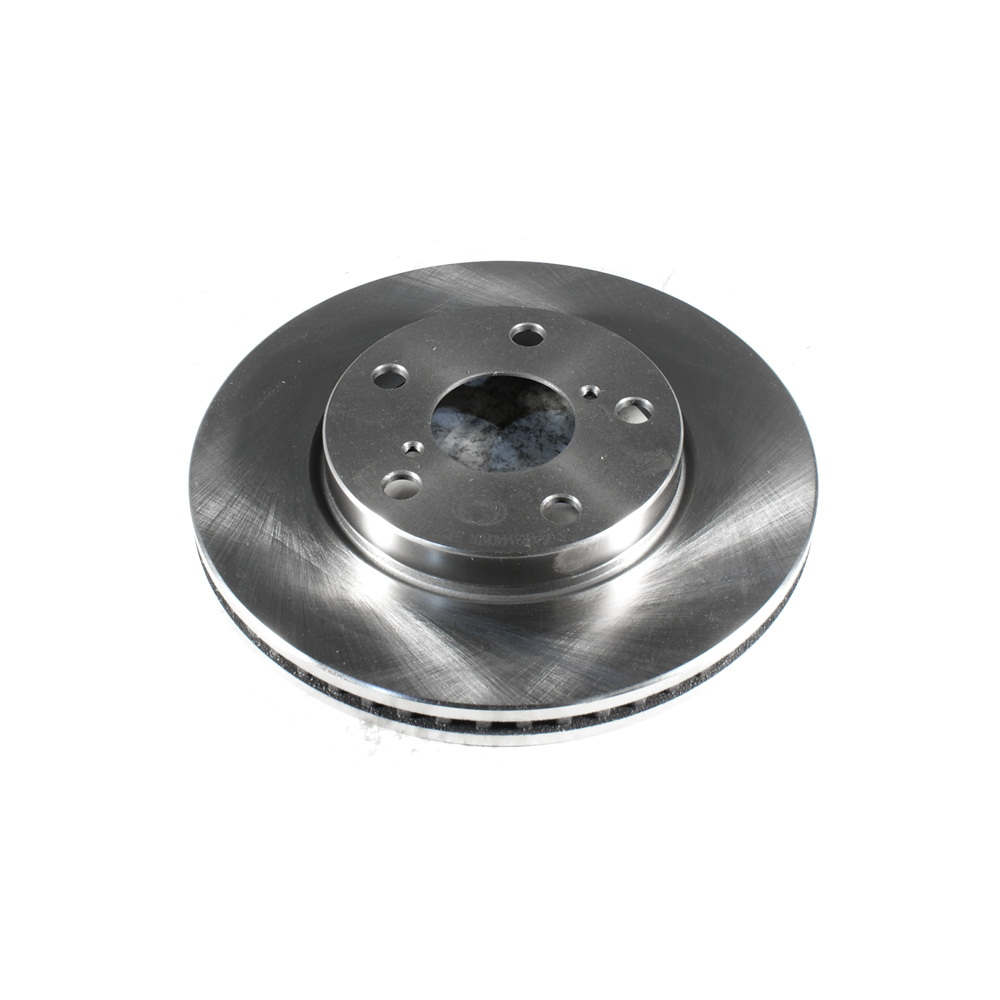
Part No: BR31440
Raybestos: 980477
OE: 4351242040, 435120R010
Raybestos: 980477
OE: 4351242040, 435120R010
$41.17 each
Per Car QTY: 2

Part No: BR31551
Raybestos: 980781
OE:
Raybestos: 980781
OE:
$43.58 each
Per Car QTY: 2
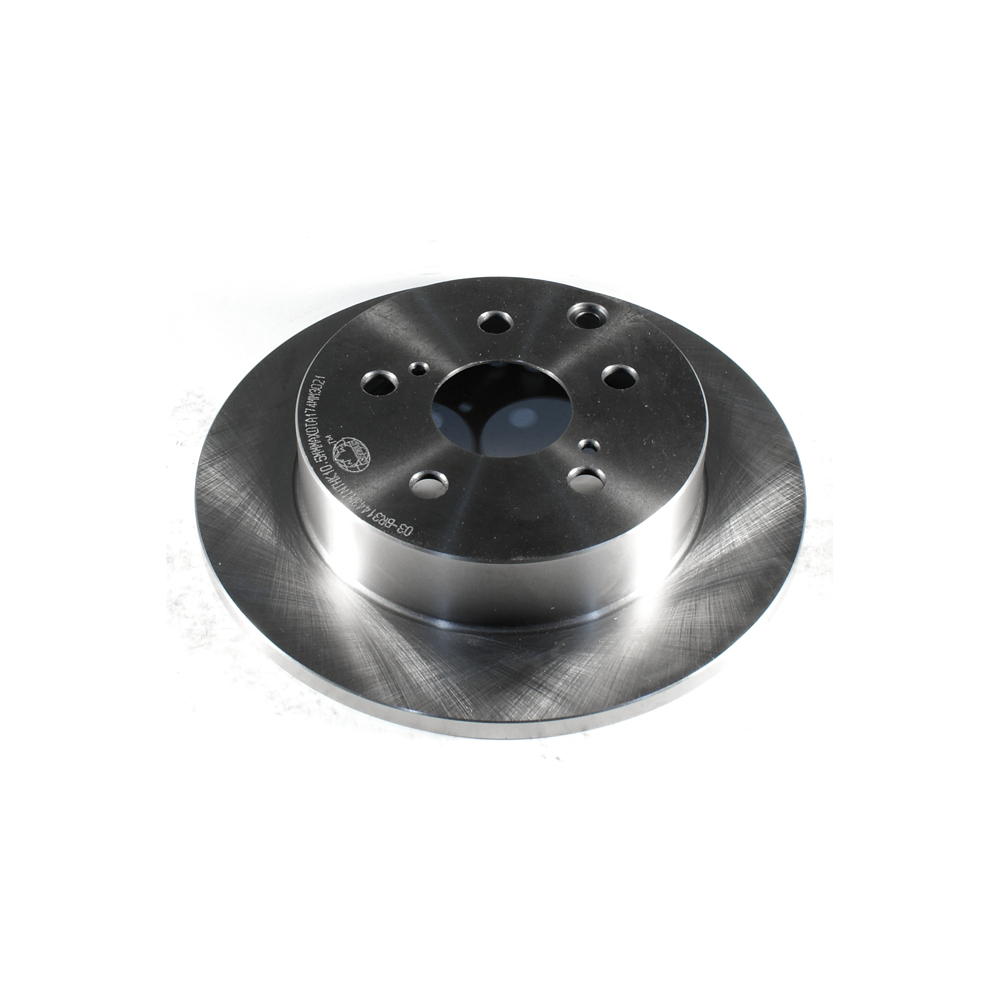
Part No: BR31443
Raybestos: 980483
OE: 4243142060
Raybestos: 980483
OE: 4243142060
$29.74 each
Per Car QTY: 2
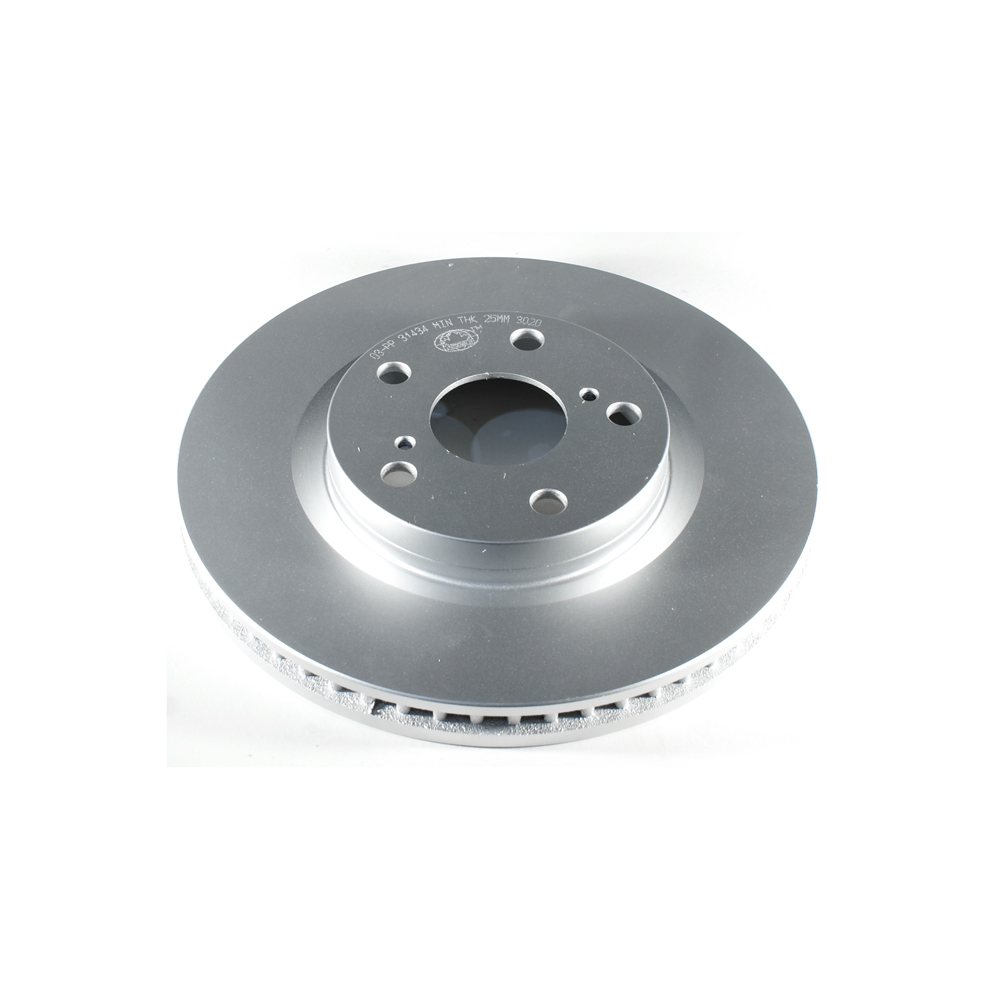
Part No: PP31434
Raybestos: 980470
OE: 4351206090, 435120R020
Raybestos: 980470
OE: 4351206090, 435120R020
$53.95 each
Per Car QTY: 2
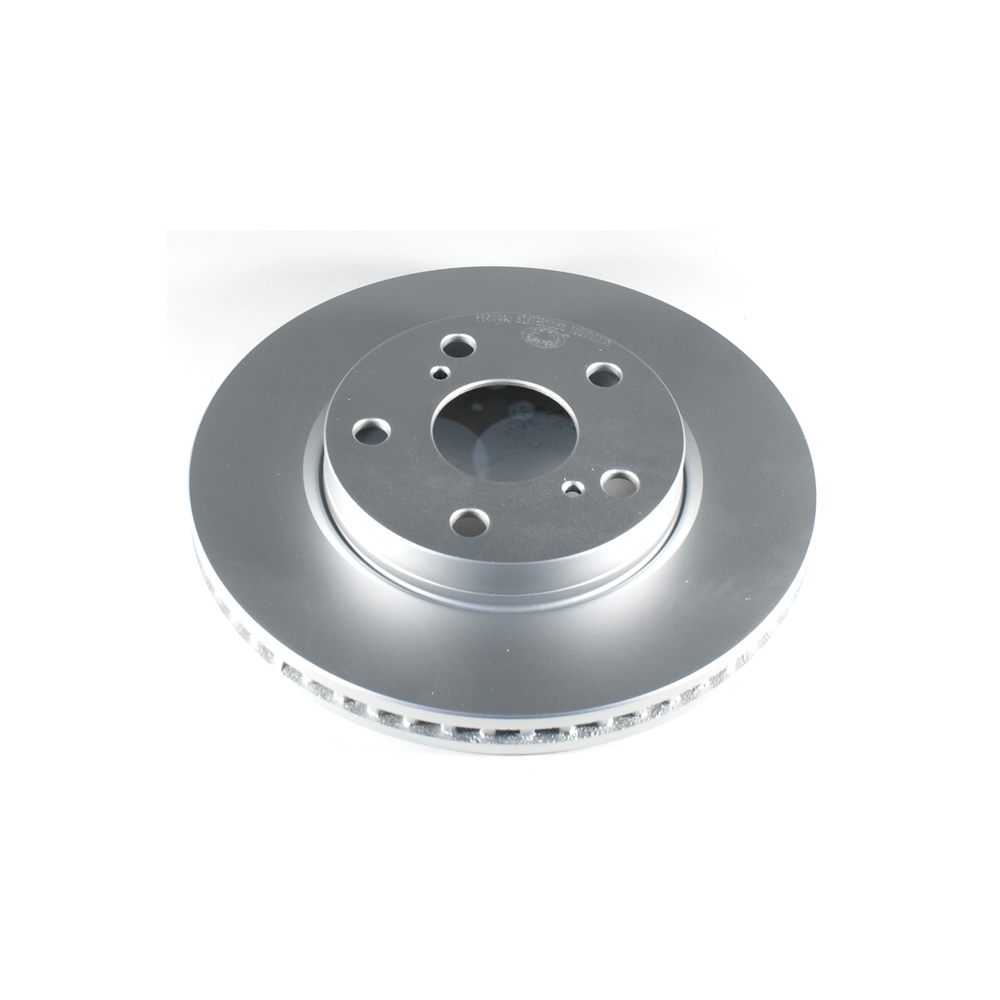
Part No: PP31440
Raybestos: 980477
OE: 4351242040, 435120R010
Raybestos: 980477
OE: 4351242040, 435120R010
$48.78 each
Per Car QTY: 2
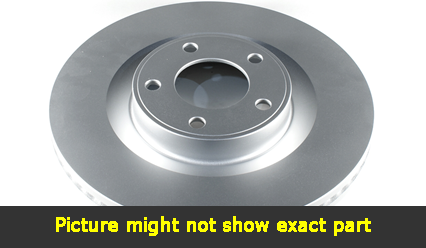
Part No: PP31551
Raybestos: 980781
OE:
Raybestos: 980781
OE:
$57.51 each
Per Car QTY: 2

Part No: PP31443
Raybestos: 980483
OE: 4243142060
Raybestos: 980483
OE: 4243142060
$39.96 each
Per Car QTY: 2
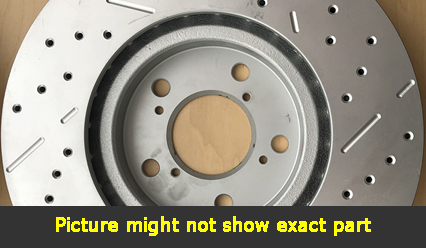
Drilled, Slotted and Coated Brake Rotor
Position: FRONT LEFT
Fitment Notes: 296mm, Rav 4 w/ third row seat
Position: FRONT LEFT
Fitment Notes: 296mm, Rav 4 w/ third row seat
Part No: SP31434L
Raybestos: 980470
OE: 4351206090, 435120R020
Raybestos: 980470
OE: 4351206090, 435120R020
$86.35 each
Per Car QTY: 1
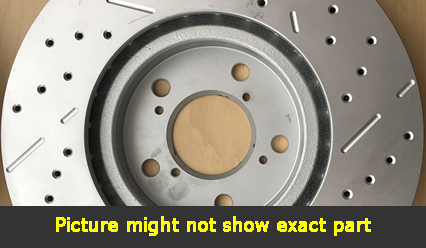
Drilled, Slotted and Coated Brake Rotor
Position: FRONT RIGHT
Fitment Notes: 296mm, Rav 4 w/ third row seat
Position: FRONT RIGHT
Fitment Notes: 296mm, Rav 4 w/ third row seat
Part No: SP31434R
Raybestos: 980470
OE: 4351206090, 435120R020
Raybestos: 980470
OE: 4351206090, 435120R020
$86.35 each
Per Car QTY: 1
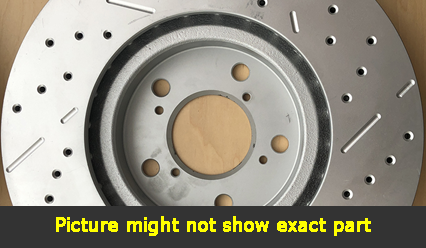
Part No: SP31440L
Raybestos: 980477
OE: 4351242040, 435120R010
Raybestos: 980477
OE: 4351242040, 435120R010
$81.18 each
Per Car QTY: 1
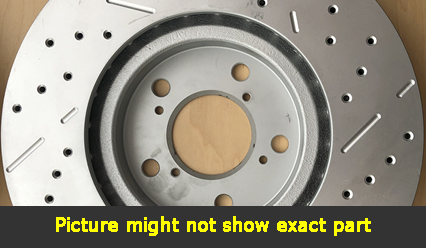
Part No: SP31440R
Raybestos: 980477
OE: 4351242040, 435120R010
Raybestos: 980477
OE: 4351242040, 435120R010
$81.18 each
Per Car QTY: 1
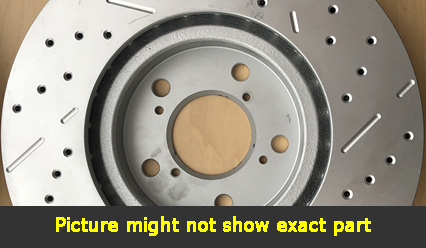
Part No: SP31551L
Raybestos: 980781
OE:
Raybestos: 980781
OE:
$89.91 each
Per Car QTY: 1
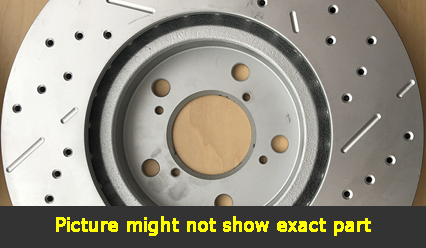
Part No: SP31551R
Raybestos: 980781
OE:
Raybestos: 980781
OE:
$89.91 each
Per Car QTY: 1
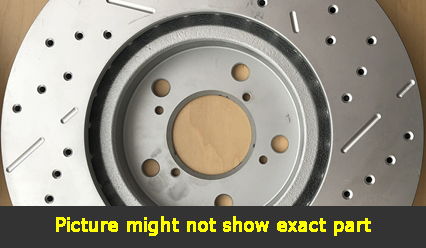
Part No: SP31443L
Raybestos: 980483
OE: 4243142060
Raybestos: 980483
OE: 4243142060
$72.36 each
Per Car QTY: 1
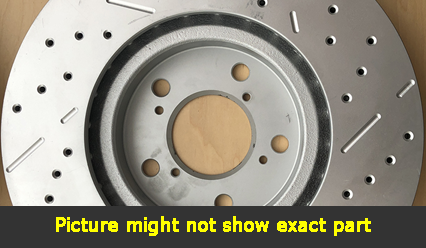
Part No: SP31443R
Raybestos: 980483
OE: 4243142060
Raybestos: 980483
OE: 4243142060
$72.36 each
Per Car QTY: 1
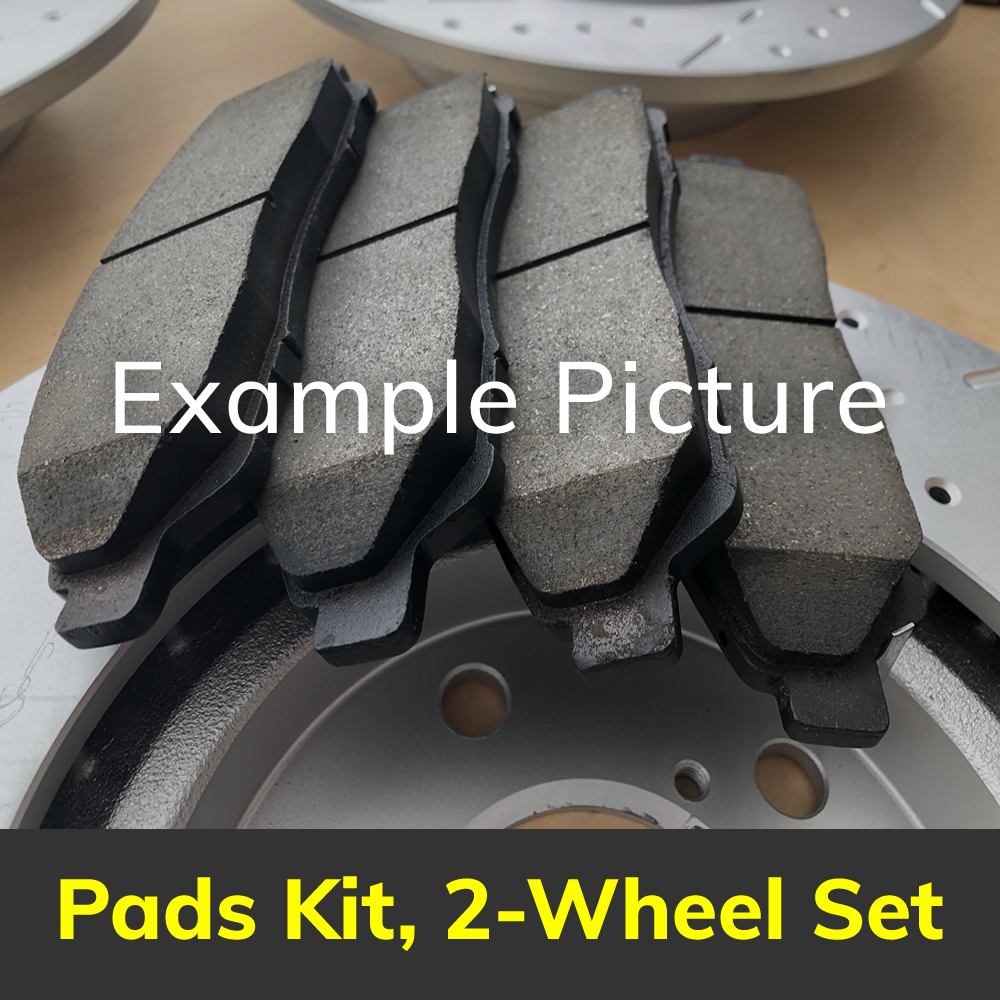
Part No: PD1210C
Raybestos: 1210
OE:
Raybestos: 1210
OE:
$36.92 each
Per Car QTY: 1
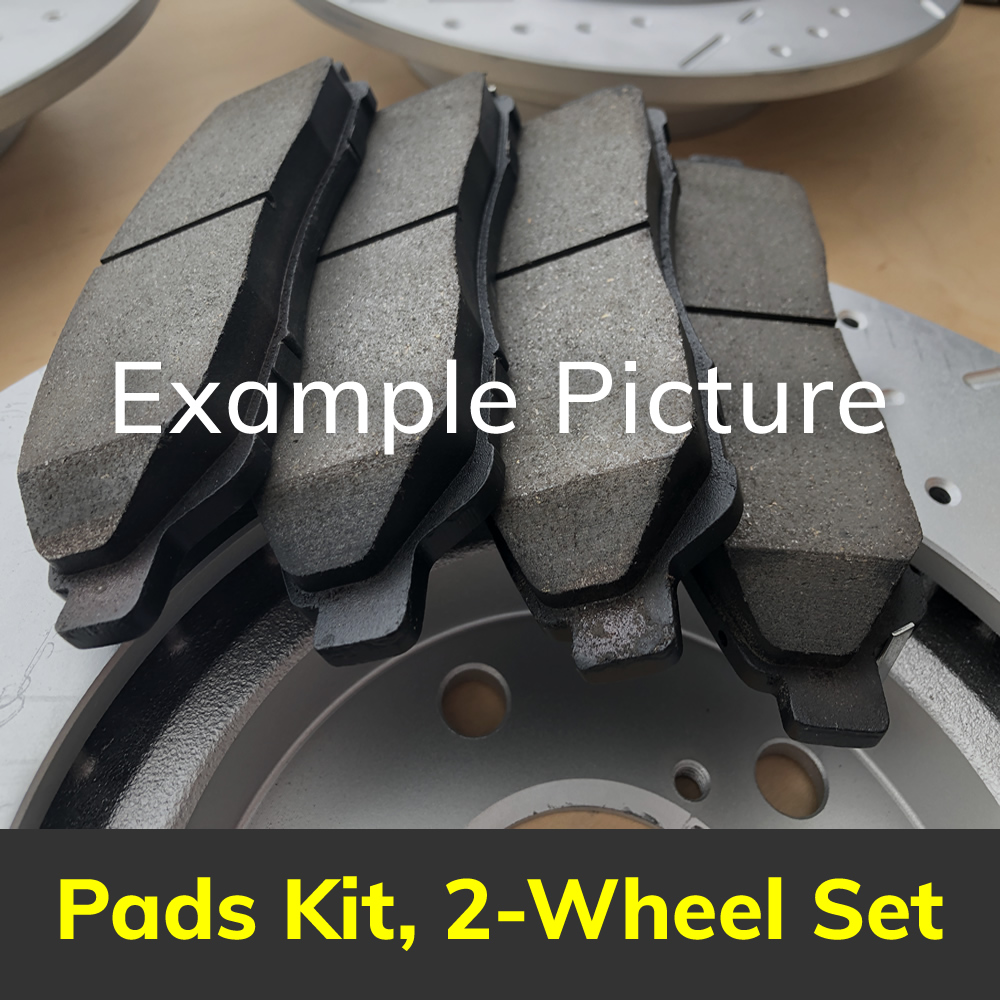
Part No: PD1211C
Raybestos: 1211
OE:
Raybestos: 1211
OE:
$34.04 each
Per Car QTY: 1

Part No: PD1212C
Raybestos: 1212
OE:
Raybestos: 1212
OE:
$39.44 each
Per Car QTY: 1
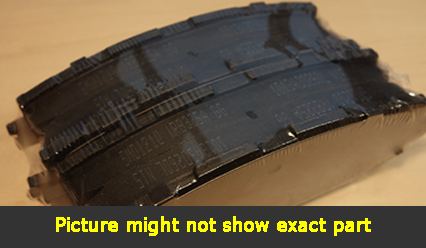
Part No: SMD1210
Raybestos:
OE:
Raybestos:
OE:
$25.74 each
Per Car QTY: 1
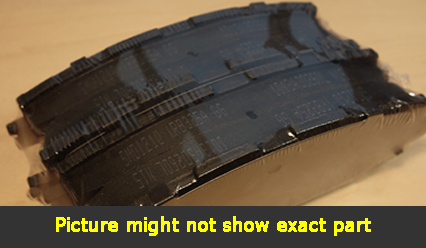
Part No: SMD1211
Raybestos:
OE:
Raybestos:
OE:
$30.35 each
Per Car QTY: 1
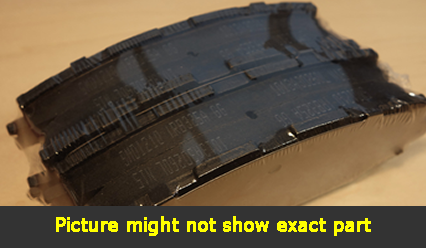
Part No: SMD1212
Raybestos:
OE:
Raybestos:
OE:
$22.59 each
Per Car QTY: 1
Choosing the Right Brakes for Your 2014 Toyota RAV4: A Guide
When it comes to driving safety, one of the most important aspects to consider is the condition of your car's brakes. Proper brake maintenance is crucial in ensuring the safety of both you and your passengers on the road. If your 2014 Toyota RAV4 is in need of new brakes, it is essential to choose the right ones. Here are some rules to help you make an informed decision:
1. Research your options: Before making a purchase, it's important to understand the different types of brakes available in the market. The four most commonly used types are organic, ceramic, semi-metallic, and low-metallic. Each has its own advantages and disadvantages, so it's important to know which one suits your needs best.
- Organic brakes are usually made of materials such as rubber, glass, and resins, making them cost-effective and environmentally friendly. While they offer good initial bite and smooth braking, they tend to wear down faster and may not perform optimally under heavy use or extreme conditions.
- Ceramic brakes are known for their durability and longevity. They generate less dust and noise compared to other types and are generally low-maintenance. However, they tend to be more expensive than other options.
- Semi-metallic brakes are a popular choice due to their balance of performance and affordability. Made of a combination of metal and synthetic materials, they offer good stopping power and are well-suited for daily driving.
- Low-metallic brakes are similar to semi-metallic brakes but contain a lower percentage of metal. This results in reduced brake dust and noise while still maintaining good stopping power. They are a favorable option for those seeking a balance between performance and noise reduction.
2. Consider your driving habits: Understanding your driving habits and preferences is crucial in choosing the appropriate brake type. If you're a city driver with minimal heavy braking, organic or low-metallic brakes may be a suitable choice. However, if you frequently drive on highways or engage in more aggressive driving, semi-metallic or ceramic brakes may be better suited to withstand the higher demands.
3. Consult your vehicle's specifications: It's important to take into account the manufacturer's recommendations for your car's brakes. Review your vehicle's owner's manual or consult a professional mechanic to ensure you choose brakes that adhere to the recommended specifications. Using brakes that are not compatible with your vehicle can compromise its performance and safety.
4. Quality matters: When it comes to brakes, it's crucial to prioritize quality over cost. Opt for trusted and reputable brands to ensure reliability, longevity, and performance. Cheap brakes may save you money initially, but they may wear out quickly, compromising your safety and ultimately costing you more in the long run.
5. Professional installation: Lastly, while some may be inclined to install brakes themselves, it is recommended to have a professional mechanic handle the installation. They have the necessary expertise, tools, and equipment to ensure the brakes are fitted correctly, minimizing the risk of any potential issues or safety hazards.
Remember, choosing the right brakes for your 2014 Toyota RAV4 is essential for your safety and the well-being of your vehicle. By considering these rules and consulting professionals, you can confidently select brakes that will provide optimal performance, longevity, and peace of mind on the road.
When it comes to driving safety, one of the most important aspects to consider is the condition of your car's brakes. Proper brake maintenance is crucial in ensuring the safety of both you and your passengers on the road. If your 2014 Toyota RAV4 is in need of new brakes, it is essential to choose the right ones. Here are some rules to help you make an informed decision:
1. Research your options: Before making a purchase, it's important to understand the different types of brakes available in the market. The four most commonly used types are organic, ceramic, semi-metallic, and low-metallic. Each has its own advantages and disadvantages, so it's important to know which one suits your needs best.
- Organic brakes are usually made of materials such as rubber, glass, and resins, making them cost-effective and environmentally friendly. While they offer good initial bite and smooth braking, they tend to wear down faster and may not perform optimally under heavy use or extreme conditions.
- Ceramic brakes are known for their durability and longevity. They generate less dust and noise compared to other types and are generally low-maintenance. However, they tend to be more expensive than other options.
- Semi-metallic brakes are a popular choice due to their balance of performance and affordability. Made of a combination of metal and synthetic materials, they offer good stopping power and are well-suited for daily driving.
- Low-metallic brakes are similar to semi-metallic brakes but contain a lower percentage of metal. This results in reduced brake dust and noise while still maintaining good stopping power. They are a favorable option for those seeking a balance between performance and noise reduction.
2. Consider your driving habits: Understanding your driving habits and preferences is crucial in choosing the appropriate brake type. If you're a city driver with minimal heavy braking, organic or low-metallic brakes may be a suitable choice. However, if you frequently drive on highways or engage in more aggressive driving, semi-metallic or ceramic brakes may be better suited to withstand the higher demands.
3. Consult your vehicle's specifications: It's important to take into account the manufacturer's recommendations for your car's brakes. Review your vehicle's owner's manual or consult a professional mechanic to ensure you choose brakes that adhere to the recommended specifications. Using brakes that are not compatible with your vehicle can compromise its performance and safety.
4. Quality matters: When it comes to brakes, it's crucial to prioritize quality over cost. Opt for trusted and reputable brands to ensure reliability, longevity, and performance. Cheap brakes may save you money initially, but they may wear out quickly, compromising your safety and ultimately costing you more in the long run.
5. Professional installation: Lastly, while some may be inclined to install brakes themselves, it is recommended to have a professional mechanic handle the installation. They have the necessary expertise, tools, and equipment to ensure the brakes are fitted correctly, minimizing the risk of any potential issues or safety hazards.
Remember, choosing the right brakes for your 2014 Toyota RAV4 is essential for your safety and the well-being of your vehicle. By considering these rules and consulting professionals, you can confidently select brakes that will provide optimal performance, longevity, and peace of mind on the road.








